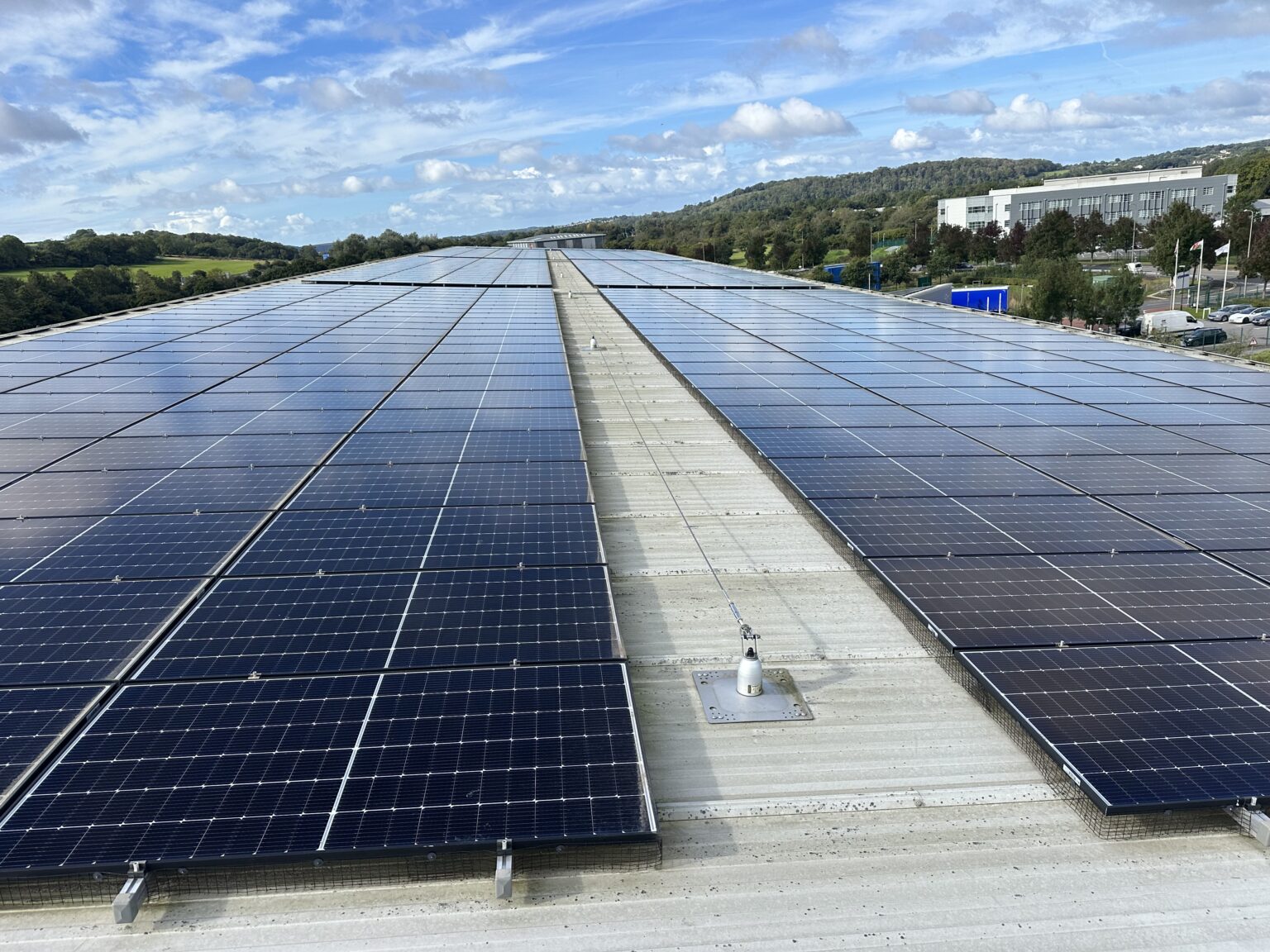Wondering how to counter rising energy costs while showcasing social responsibility? Look no further than commercial solar panels. Adopting solar power is a surefire way to reduce monthly utility expenses, allowing your business to operate with greater autonomy from the conventional power grid. With sustainability increasingly central to corporate missions, solar energy ticks both the ethical and financial boxes.
Commercial Solar: More Than Just an Eco-Statement
Beyond the environmental appeal, commercial solar provides tangible business perks. Once you generate your own electricity, you mitigate the risk of fluctuating energy markets. Over time, stable energy outlays help you plan budgets more effectively, freeing up funds for expansion or other strategic initiatives.
Additionally, solar setups often pair well with battery systems. Storing surplus energy produced during daylight hours means you can dip into reserves during peak demand or after hours, decreasing reliance on external suppliers.
Key Components of a Commercial Solar Panel Installation
A successful commercial solar installation typically includes:
- Solar Panels (PV modules): These capture sunlight and convert it to electrical current.
- Inverters: They transform direct current (DC) from the panels into alternating current (AC) for immediate use.
- Mounting Systems: Racks or frames that securely attach panels to rooftops or ground arrays.
- Monitoring Software: Lets you track generation, consumption, and overall system efficiency.
Picking the right equipment can significantly impact your return on investment, so rely on industry-proven brands and experienced installers.
Costs and Potential Savings
While the upfront cost of commercial solar panels can feel substantial, the long-term payoff is well documented. Below is a reference table detailing possible cost, savings, and payback periods:
| System Capacity (kW) | Initial Outlay | Estimated Annual Savings | Payback Period |
|---|---|---|---|
| 30 kW | £20,000 – £30,000 | £3,000 – £4,000 | ~7-9 years |
| 60 kW | £40,000 – £50,000 | £6,000 – £8,000 | ~6-8 years |
| 100 kW | £70,000 – £90,000 | £10,000 – £12,000 | ~5-7 years |
Once the payback period is over, your system continues producing cost-free electricity for as long as it remains operational, often up to 25 years or more.
Finding the Right Partners
The expertise of your installation team can be pivotal in maximising gains. When you’re considering professional installers, check their track record, customer feedback, and equipment warranty details. One notable provider is Excel Energy. To explore their offerings in greater depth, visit website https://excelenergy.co.uk/commercial-solar-panels-uk/ and discover tailored solutions for your specific energy usage.
Industry-Specific Advantages
Virtually any organisation with available roof or ground space can benefit from commercial solar installation, but the following sectors often see particularly quick returns:
- Agriculture: Power-hungry farming equipment can draw energy from on-site solar arrays, reducing reliance on diesel or the grid.
- Food Processing Plants: Smooth operation of chilling systems and other machinery becomes less of a budgetary concern.
- Corporate Headquarters: Installing panels on office buildings can significantly reduce overheads while impressing both clients and shareholders.
Aligning with Sustainability Targets
In today’s world, green credentials are more than a formality—they can be a deciding factor in consumer and investor choices. By installing commercial solar panels UK, you align yourself with a larger movement to cut carbon emissions. This positions your business as a forward-thinking player in your industry, which can be invaluable for brand reputation and long-term growth.
Why Now Is the Perfect Time
Environmental regulations are tightening worldwide, and energy prices can be volatile. By acting now, you cushion your organisation against future shifts in utility costs and sustainability standards. Early adopters of solar also gain a head start in mastering the technology, training staff, and perfecting long-term energy strategies.
From an economic standpoint, it simply makes sense to invest in an asset that pays you back and boosts your environmental credibility. With expert support from companies like Excel Energy, transitioning to solar can be a straightforward, high-impact choice. The sooner you opt for solar, the sooner you’ll start saving—and the greater the cumulative returns over the system’s lifetime.
Want more insights? Keep visiting Lotology for the latest updates and information!

